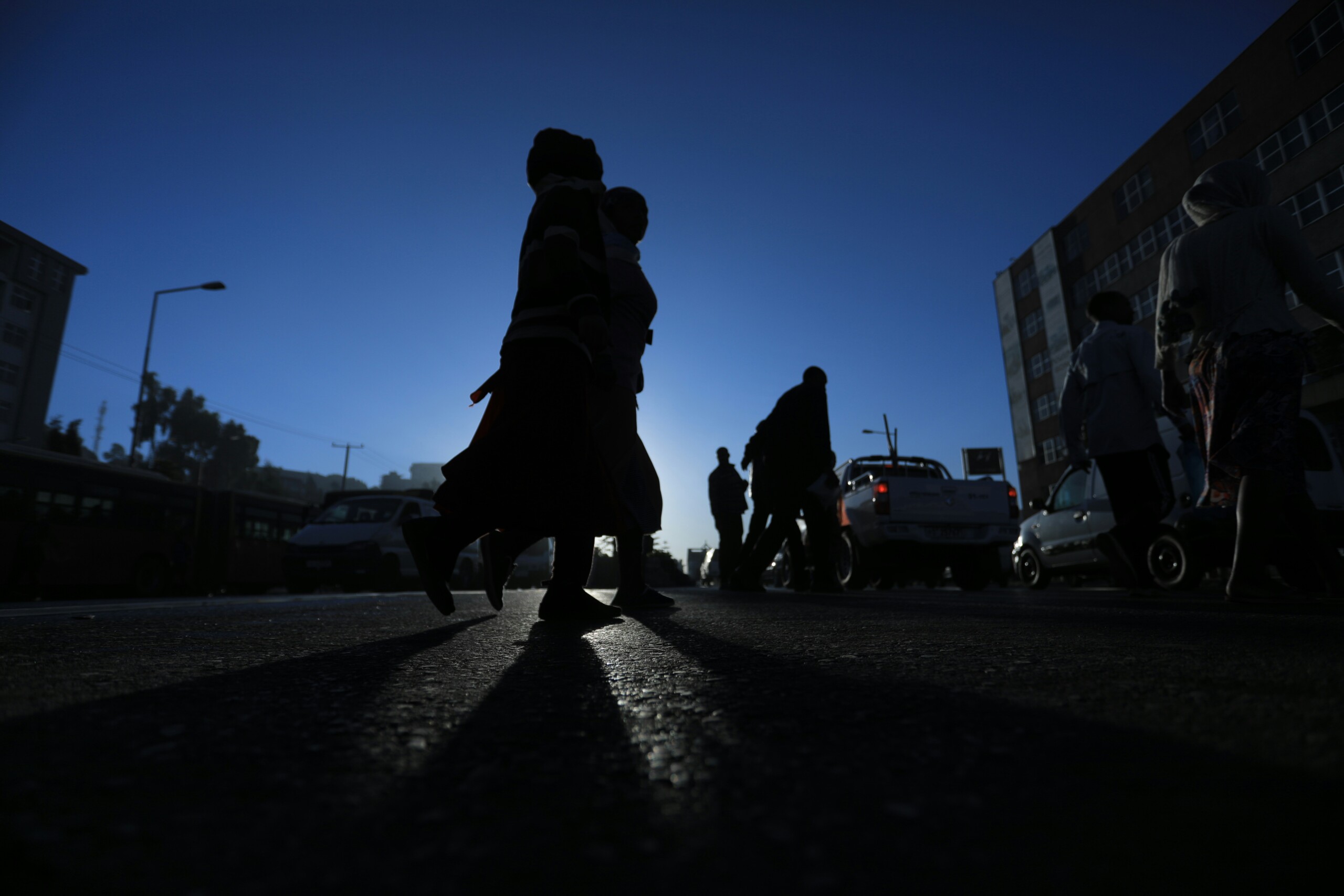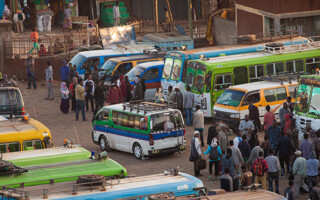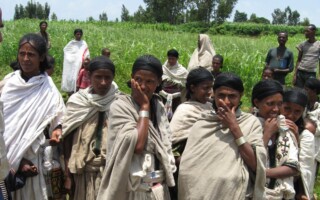
Population Council researchers and partners in Ethiopia are conducting intervention development research to develop one of the first interventions to prevent and protect those affected by, and prosecute those perpetuating, forced begging among people with disabilities.
Why it Matters:
Forced begging is a form of human trafficking. However, there is a dearth of evidence on patterns, prevalence, risk factors, and approaches to combat the practice. People with disabilities (PWD), including children with disabilities, are especially vulnerable to this form of forced labor. They face significant barriers to education and safe and productive livelihoods, and are often living in poverty, lacking family and social support, and experiencing significant social stigma and discrimination.
In Ethiopia, there are an estimated 15 million PWD with 95 percent living in poverty. PWD in Ethiopia face significant risks of being compelled to turn to begging due to lack of family support; social stigma; isolation; lack of education/work opportunities; and lack of rehabilitative care. They also face elevated risks of being trafficked into begging. To address this form of trafficking and expand the global knowledge base, Population Council researchers and partners, Ethiopian Center for Disability and Development (ECDD) and Ethiopian Lawyers with Disability Association (ELDA), are conducting a four-year project to understand the patterns, practices, and forms of begging in Ethiopia and to utilize the evidence to develop evidence-based interventions that prevent and protect those at risk of, and prosecute those perpetuating, forced begging of PWD.
Approach:
This is a four-year project, from 2023 to 2027.
What we are doing:
- Initially Council researchers will use mixed-method research to determine the extent, nature, and patterns of forced begging among PWD in three of Ethiopia’s largest cities: Addis Ababa, Dire Dawa, and Mekelle.
- The team will develop prevention, protection, and prosecution interventions in partnership with ECDD and ELDA, and in collaboration with survivors’ acting as project advisors and the Council’s Advisory Committee in Ethiopia.
- Project partners will pilot the interventions over an 12- to 18-month period. The teams will undertake monitoring, evaluation, and distill lessons learned, in addition to tracking the cost of the interventions.
- The teams will disseminate findings from all stages of the project to ensure that human trafficking of PWD in the form of forced begging receives adequate attention and response at the global level.
The Big Picture:
Findings from this project will not only contribute to combatting forced begging of PWD in Ethiopia, but also at the global level. This project will raise awareness of this severe rights violation, add to the global evidence base, and create momentum and solutions to address the problem. This project will ensure forced begging receives the attention it warrants from the global development community, the anti-trafficking field, and disability advocacy groups.
Partners:
- Ethiopian Center for Disability and Development (ECDD)
- Ethiopian Lawyers with Disabilities Association (ELDA)
Funders:
United States Department of State’s Office to Monitor and Combat Trafficking in Persons (TIP Office)




